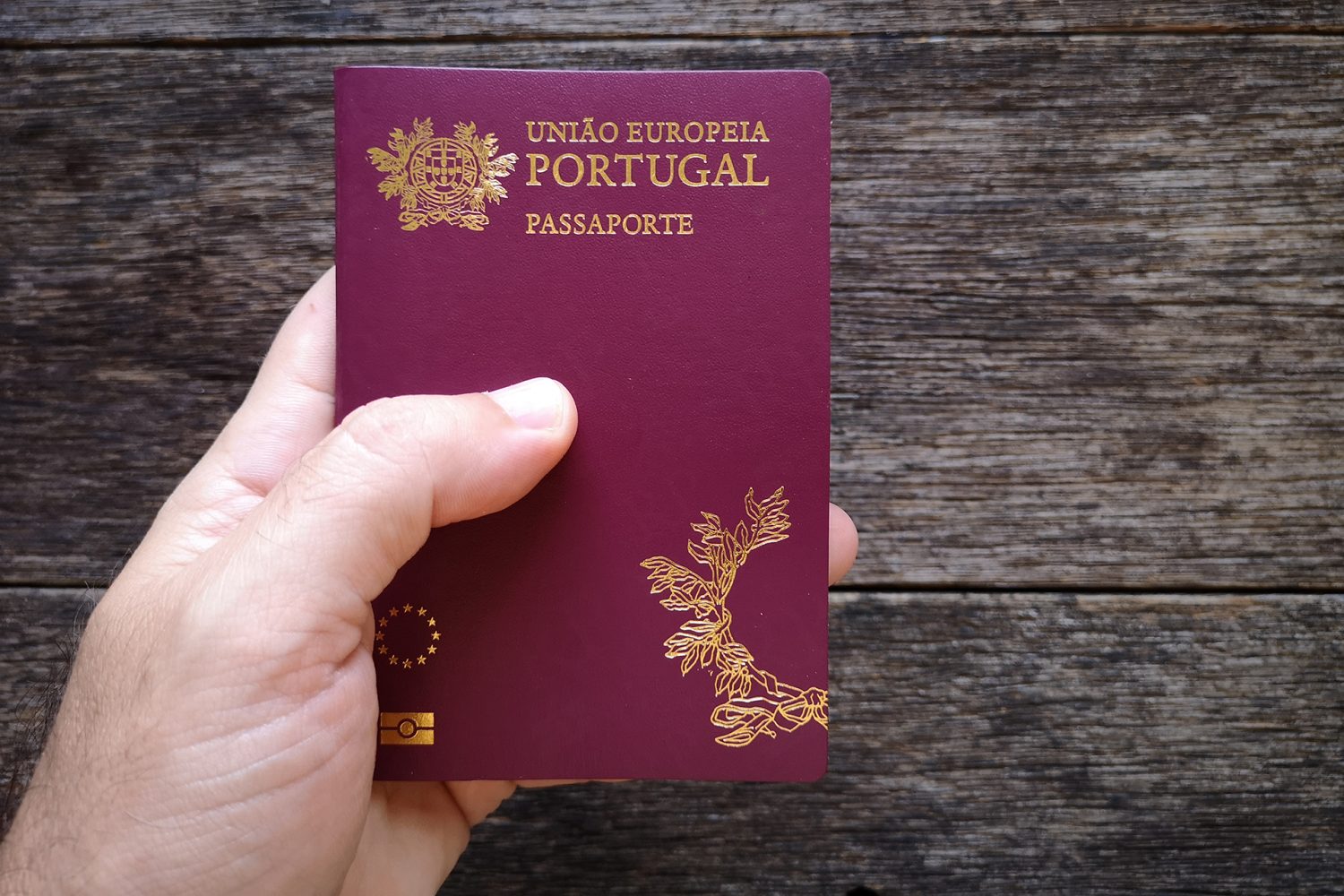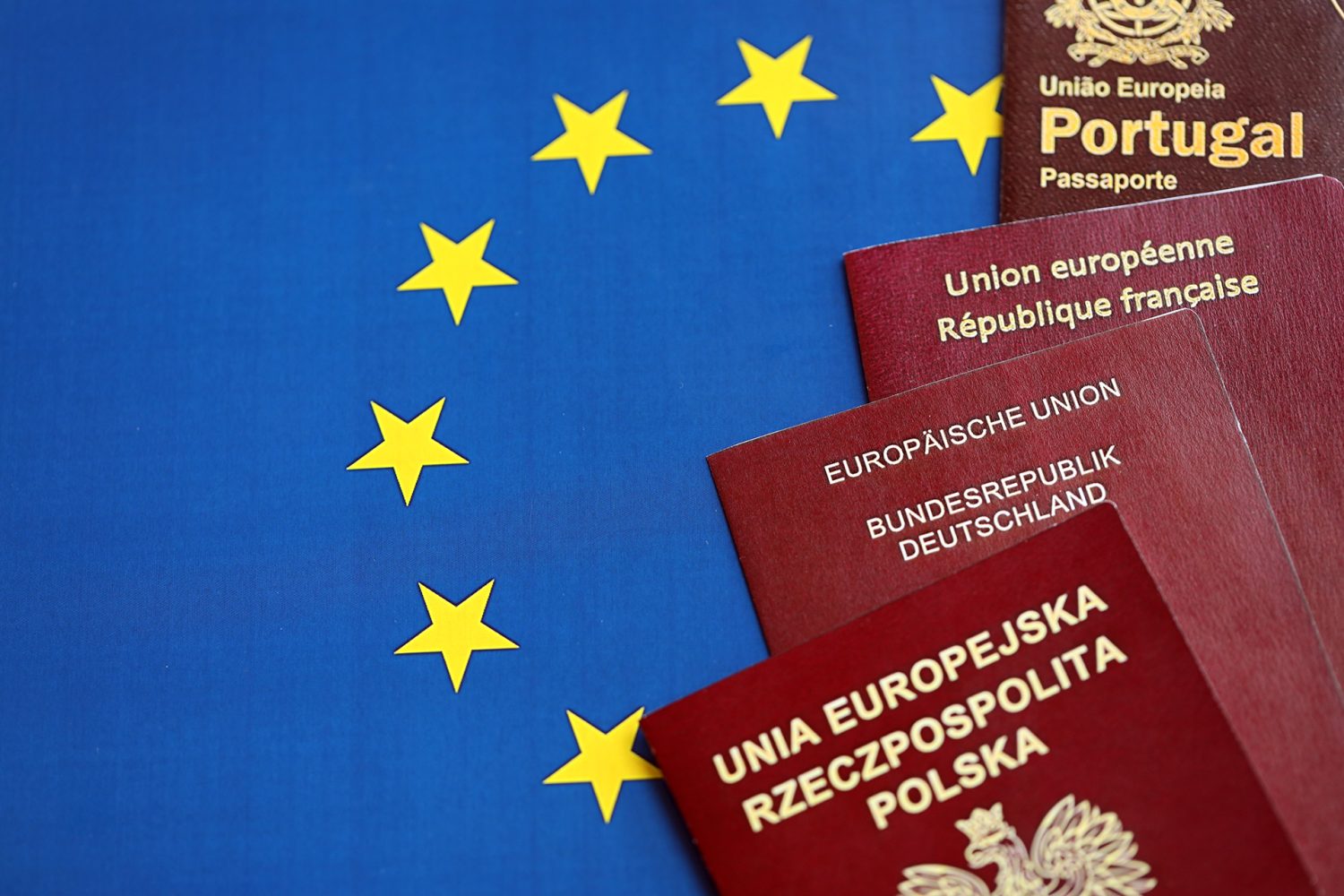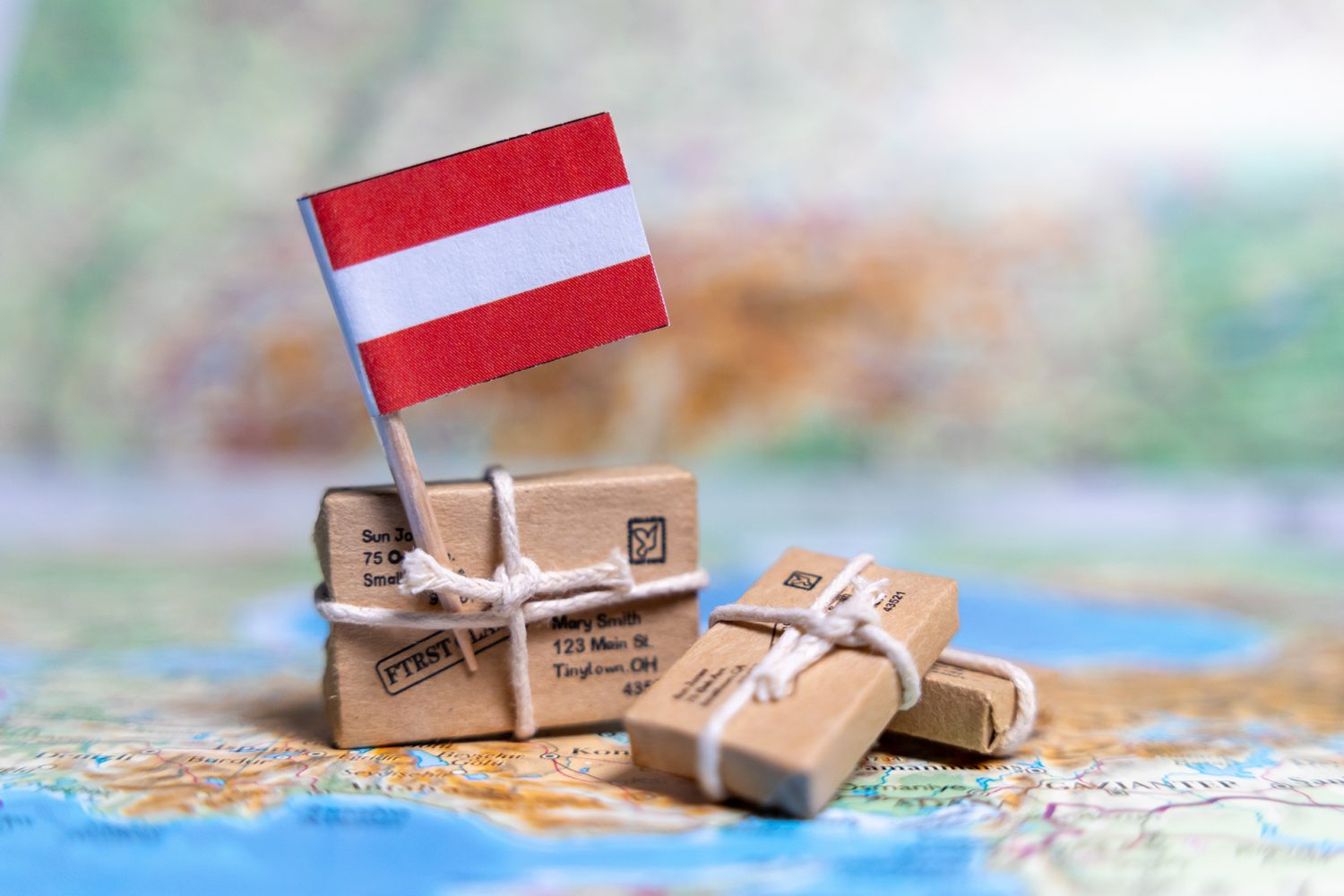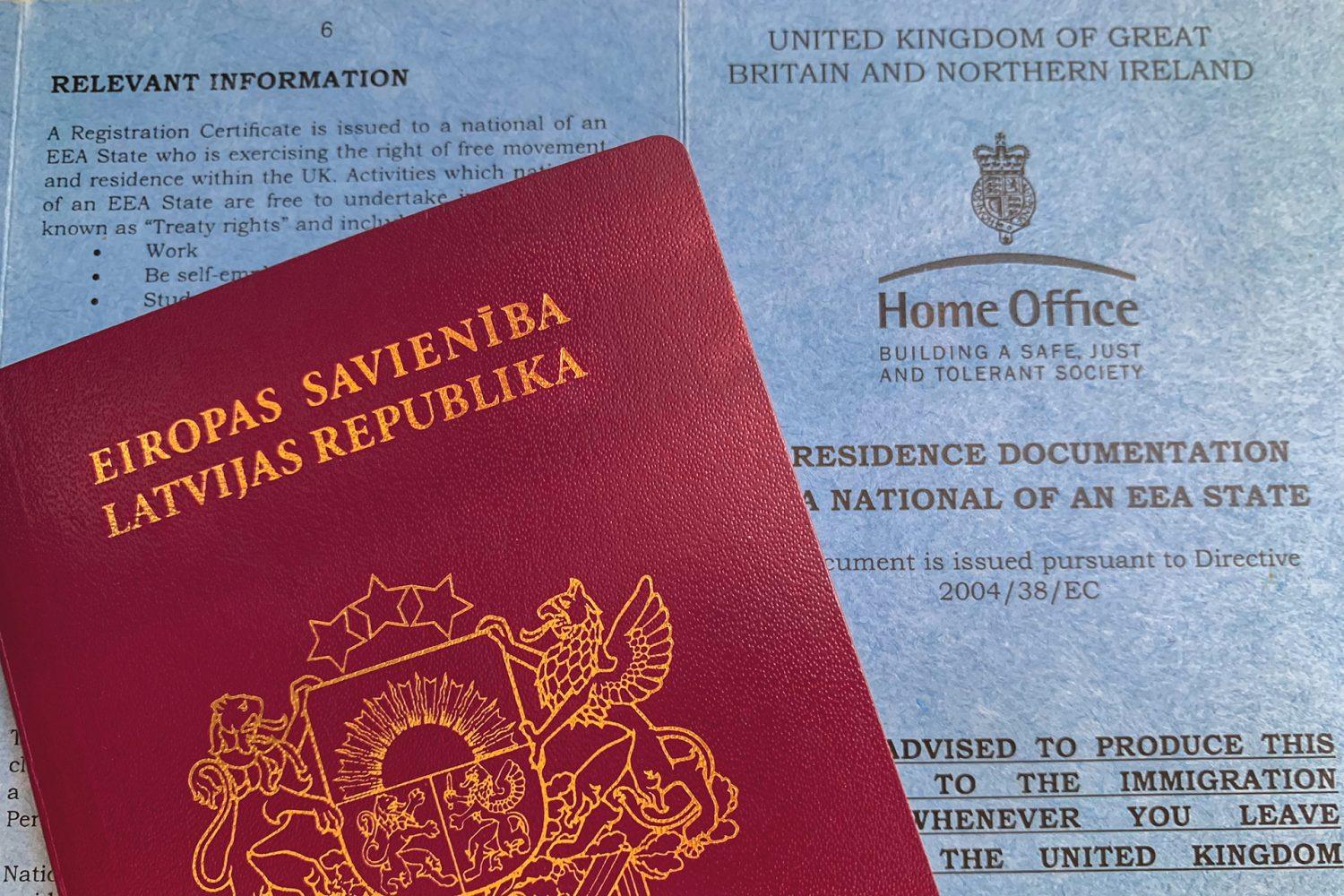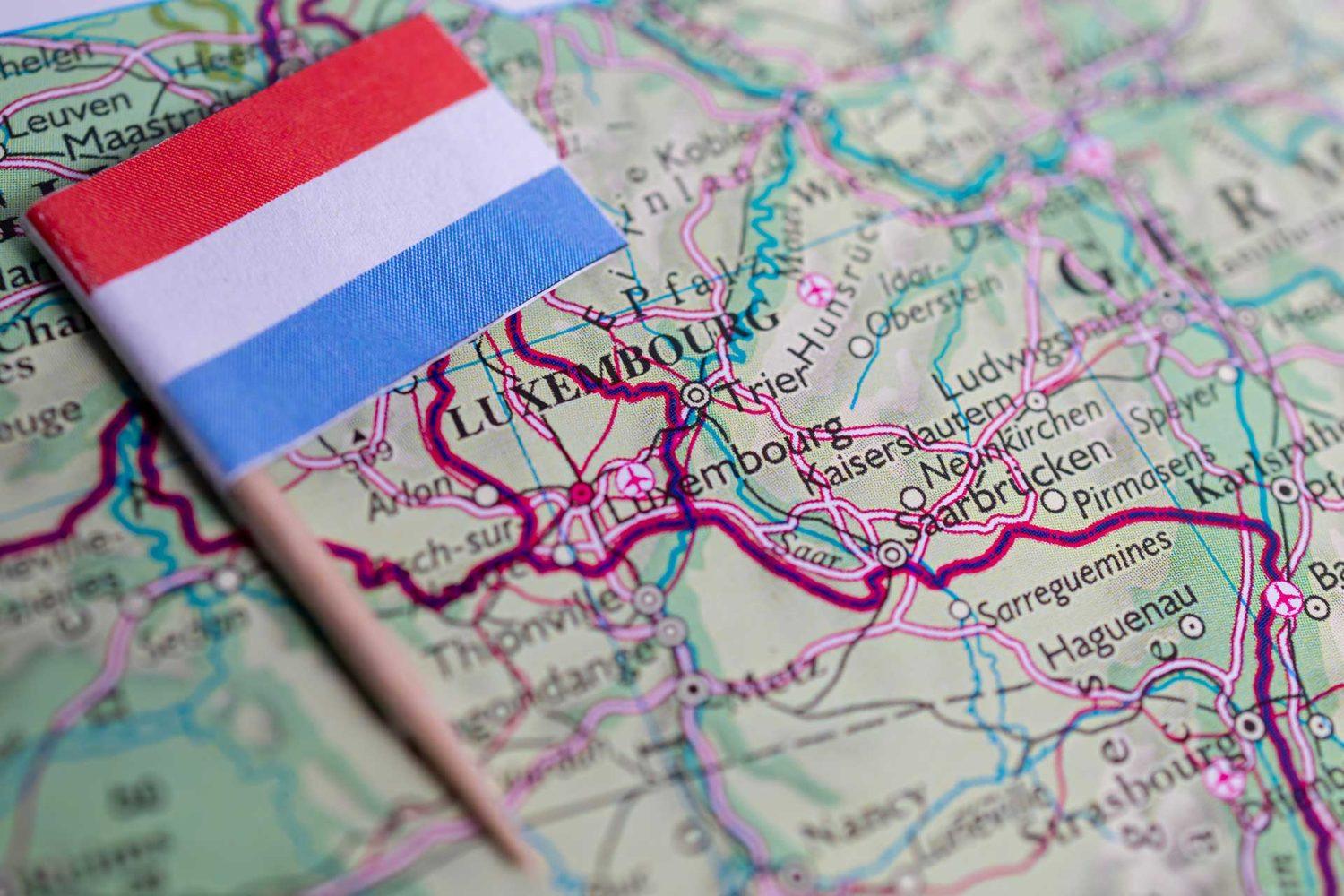
Diana Weber
Lawyer of international law
Rating:
3
January
How to Get Citizenship of Austria
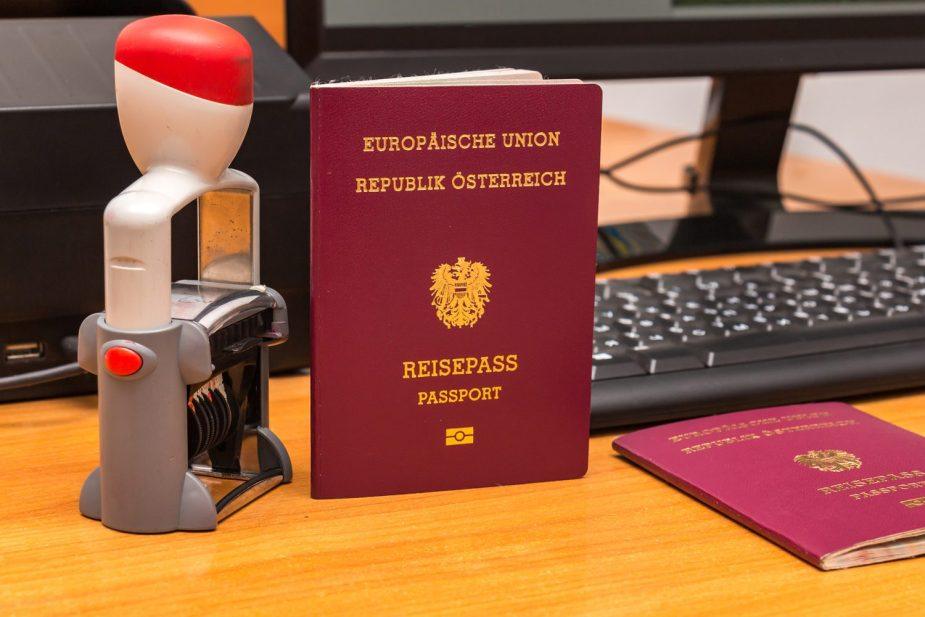
Austrian citizenship is a bond between you and the country, which is expressed in mutual rights and obligations. This status grants you many privileges, including free travel, access to modern medicine and quality education, new business and career prospects. Foreigners usually acquire citizenship by naturalization, a procedure based on long-term residence and social integration. It is also possible to obtain a passport by birth or as a descendant of immigrants who suffered from National Socialism.
In 2026 the main prerequisite for Austrian citizenship in the general procedure is legal residence in the country for 10 years or more. You will also need to pass an integration exam, provide information about your income level and place of residence in the state. The status is granted to those who have no problems with the law and connections with prohibited organizations. The Citizenship Act obliges naturalized foreigners to renounce their passport in the home country when applying for a similar document in Austria. There are exceptions to this requirement, mainly for repatriates.
You will get almost all the rights of a citizen of the Republic of Austria with a passport of any other EU country - it can be issued under a simplified program in just 4-14 months. Immigrantinlaw's specialized lawyers are ready to provide more information about this at a free consultation.
Becoming a citizen of Austria is advantageous because of the possibility of moving to any of the states of the European Union for permanent residence together with close relatives. Also, the advantages and benefits of this legal status include:
There are many options for acquiring an Austrian passport, but, in fact, they boil down to three main ones - naturalization (regular or accelerated), repatriation (restoration of rights of former residents of the country and their descendants) and birthright (transfer of status by inheritance). Only standard naturalization is suitable for most foreigners.
It is impossible to officially buy an Austrian passport. Nor is it granted for investing in the economic development of the country, even in large amounts. Also, in the republic does not apply the right of soil, that is, having given birth to a child on the territory of the state, you cannot obtain citizenship for the child and yourself.
The Austrian passport of sedentary is granted after 10 years of legal and continuous residence in the state, of which 5 years must have a local residence permit. The maximum period of cumulative absence from the country for the entire period should not exceed 24 months. You will also need to:
Some of the foreigners can request Austrian citizenship after 6 years of permanent residence in the country. In particular, this is relevant for:
Also, those who demonstrate a fast pace of professional and personal integration can naturalize in Austria more quickly. This requires a knowledge of German at level B2 or above and at least three years of work for the benefit of society, e.g., as a volunteer, trade union member or specialist in education, health care or social affairs. All basic requirements for naturalization remain valid.
A child whose mother or father (or both parents) holds an Austrian passport becomes an Austrian citizen. It does not matter whether Austrian children are born in the country or abroad. Until proven otherwise, any person under six months of age who is found within the borders of the state and whose parents are unknown is considered a citizen by descent. If a child obtains dual citizenship (e.g., born into an Austrian family but in the United States or Argentina, where soil law applies), he or she will have to choose which passport to keep after reaching adulthood.
The right to restore Austrian citizenship is available to those who were forced to leave the country in the mid-twentieth century because of persecution by the National Socialist movements. This is largely relevant for Jews who left the republic on their own or were forcibly expelled by the authorities of the German Reich. The right to repatriation is also available to direct descendants of internally displaced persons, as well as those who died on federal territory as a result of illegal actions on the part of the authorities. In this case, there is no need to renounce their passport in their home country or to comply with naturalization rules.
Citizenship in Austria can also be acquired for less common reasons, for example:
As an alternative to Austrian citizenship, you can obtain a similar status in another EU country (e.g., Bulgaria or Slovenia) under simplified conditions. In this case, you can enjoy a full range of rights and privileges throughout the EU as well. Participants of simplified immigration programs are not obliged to live in the country before or after citizenship, to demonstrate the level of income, to renounce a passport in their home country. You can choose the most suitable way of relocation with the help of specialized Immigrantinlaw lawyers.
Submit an application form and we'll get back to you!
Austrian law does not allow dual or multiple citizenship. This principle has exceptions only in some special cases, mainly in cases of legal status by birth or repatriation. If you decide to naturalize in the republic, you will need to give up your passport in your home country. You will also lose your Austrian citizenship if you later wish to apply for a similar status in other countries. You can apply for a second citizenship if your home country does not offer you the possibility of renouncing the status or if it is in Austria's interest to do so.
Get more information about the peculiarities of immigration to the EU at a free consultation
To calculate how much it costs to naturalize in Austria, it is necessary to sum up the costs of administrative fees, moving, long-term residence in the country, rent or purchase of real estate and basic living expenses. In total for 10 years of stay in the European country will have to spend tens of thousands of euros, for example, only renting a one-room apartment in Vienna costs 800-1000 EUR per month. Also, to pass the immigration procedures will have to pay for the services of a notary, translator and legal assistance. Below are the rates of state fees for each of the stages of naturalization, relevant in 2025.
| Category of expenses | Cost, € |
| Temporary residence permit | 160 |
| Renewal of the residence permit | at the price of the initial one |
| Issuance of permanent residence card | 210 |
| Citizenship test certificate | 24 |
| Request for naturalization | 130 |
| Citizenship application | 1100—1500 |
| Austrian internal passport (ID-card) | 62 |
| Document for traveling abroad | 76–220 (processing in 1-5 days) |
| Notary/translator services | 12–15 (per page) |
The rates of administrative fees may vary depending on the federal state where you are applying for Austrian citizenship.
Immigrants undergoing the naturalization procedure in the Republic of Austria need to prepare a dossier, whose contents are regulated by the current legislation. As a rule, an applicant for citizenship needs to confirm the legality of his stay in the country, prove the availability of housing and sufficient income, as well as to demonstrate his law-abidingness.
You can delegate documentary and other immigration tasks when applying for EU citizenship to skilled Immigrantinlaw specialists. International legeslation lawyers will do everything necessary for you to get the desired passport quickly and without unnecessary worries.
The full list of required documents depends on your personal situation - your current citizenship, how you obtained your status, how long you have lived in Austria, and the federal state in which you are applying. In general, for naturalization in Austria you must prepare:
The authorities may, at their discretion, require additional certificates and evidence. If your documents were issued abroad, they usually need to be officially translated into German or English and notarized. An apostille may also be required for the dossier.
To obtain an Austrian passport, you will need a certificate of naturalization, a birth certificate, an up-to-date (no more than half a year) color photo of 35 x 45 mm. Foreign documents are also translated into German/English and notarized.
Children can acquire Austrian citizenship by descent after their parents. To do so, you need to provide a birth certificate (your own and the child's), your citizenship identity card and address registration as well as an administrative fee payment.
After becoming an Austrian citizen, you must obtain a new internal passport. It looks like a plastic ID-card, which is valid for 10 years and contains basic information (including biometric) about the owner. During the initial issuance of the document, you will need to come to the passport office with a witness who can confirm your identity.
After the ID-card you also have the right to issue a second Austrian passport for traveling abroad. With it you can visit more than 160 visa-free countries around the world, including popular countries like the United States, Canada, Australia and China. The document is issued for 10 years. The procedure for obtaining both documents in general looks the same:
An Austrian passport will not be issued if a check of the applicant's status reveals that he or she poses a threat to national security or public safety. Citizenship is also denied to those who have not sufficiently integrated in the state, previously violated the laws, have no means of subsistence. The application is rejected if you have not renounced your passport in your home country. From the reviews of people who received citizenship, it follows that it is extremely important to be attentive to each stage of the procedure. Particularly attentive should be in the preparation of documents, and it is worth delegating this task to experienced lawyers.
In 2025, Austria announced planned changes to the Citizenship Act (Staatsbürgerschaftsrecht), some of which are already enshrined in the government program for 2025–2029. The main reforms are aimed at tightening naturalization criteria and strengthening the role of integration.
👉 What matters for citizenship applicants in 2026? Be prepared to prove German proficiency at B2 level. Demonstrate stable income, tax payments, and community involvement. Prepare in advance for the history and civic exam. Maintain continuous residence — long absences may lead to refusal.
Submit an application form and we'll get back to you!
The citizenship procedure in Austria has many disadvantages, the main ones being a long period of residency, renunciation of the previous passport, the need to learn German and receive a stable income in a considerable amount. As an alternative, you can acquire EU citizenship under more affordable programs in other states of the association. The best conditions are offered by Romania, Slovenia and Bulgaria, where, with the help of specialized specialists, you can obtain a passport in 12-14 months without taking an integration exam and demonstrating financial security.
All EU passport holders are equal in rights, so after obtaining European citizenship you will have all the benefits of this status. You will be able to move to Austria together with your close relatives, get an official job or do business internationally. You will also have access to any social benefits provided by the state.
Immigrantinlaw's international law specialists can analyze your personal request and the nuances of your dossier, and then find the best program for acquiring a second citizenship in the European Union with the possibility of keeping your former passport. To learn more about this, schedule a free legal consultation.
How to Get Citizenship of Portugal
10 January
Portuguese citizenship is a prestigious status of a European Union citizen, which opens access to a wide range of opportunities...
How to Get EU Citizenship
5 March
EU citizenship is a status that is assigned to every passport holder of any of the countries of this association....
Obtaining Austrian Residence Permit for Foreigners
30 December
A residence permit in Austria is a document that is issued to those who plan to stay in the country...
How to Get Citizenship of Latvia
24 January
Latvian citizenship can be obtained in three ways - by application (naturalization), origin (repatriation) or birth (blood right). The conditions...
Immigration to Belgium for Permanent Residence
17 July
Permanent residence in Belgium is issued to foreigners who have a documentary right to permanently reside in the state. You...
Permanent Residency in Luxembourg: How to Move and Start a New Life
28 February
Permanent residence permit in Luxembourg is an indefinite resident status granted to those who have spent 5 years or more...
Discover
new opportunities
with a European Union passport!
Submit the application form and we will call you back!
Leave a request
Contacts



